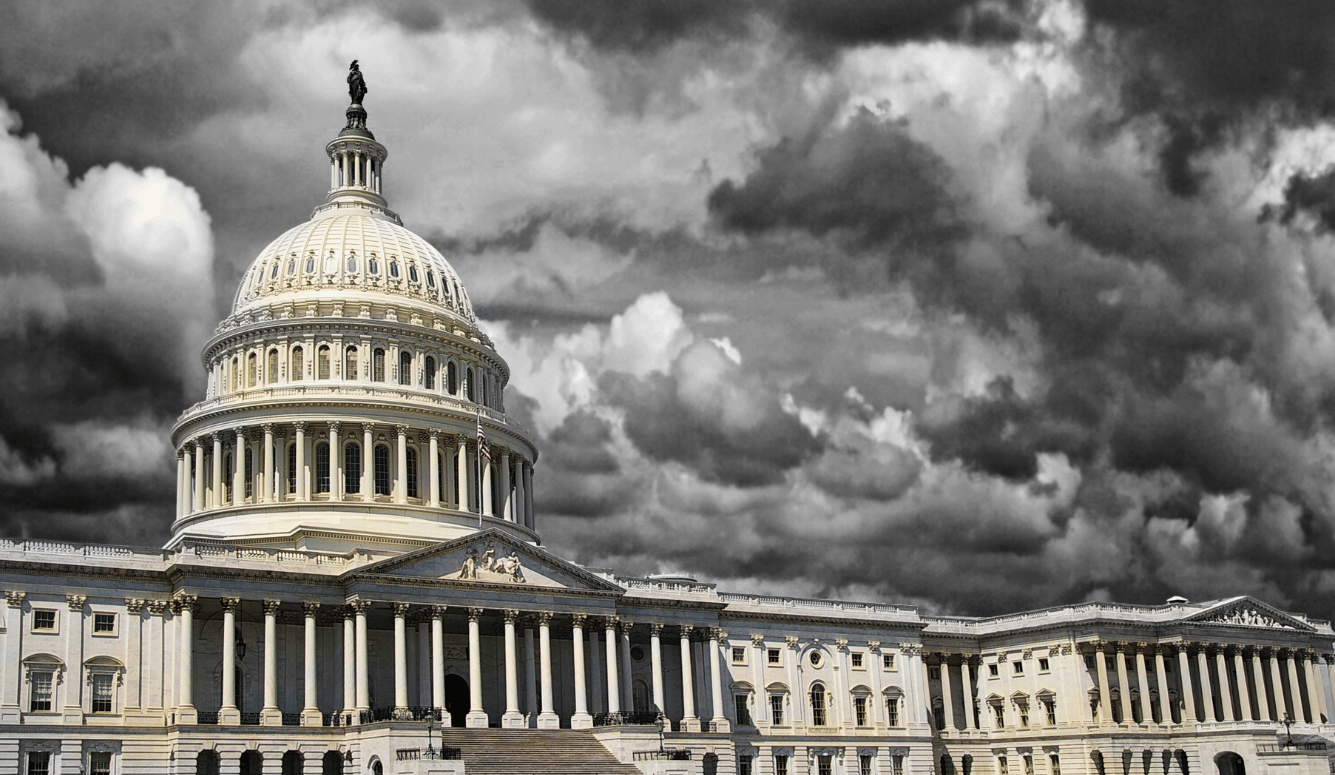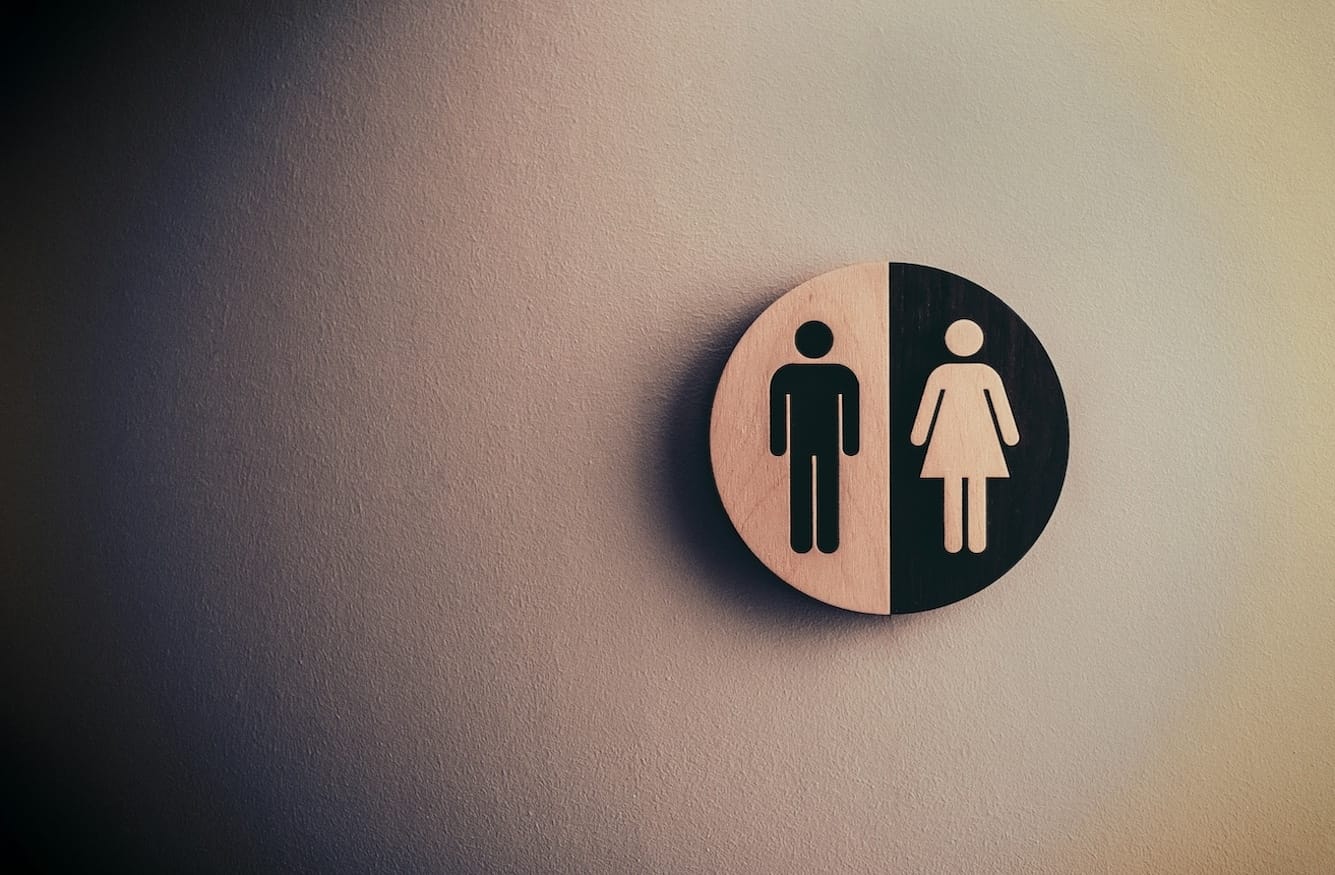Art and Culture
The Josiah Effect: How Moderate Religion Fuels Fundamentalism
As it turns out, the phenomenon of a young man becoming radicalized after reading his religion’s holy book for the first time has been around for thousands of years.
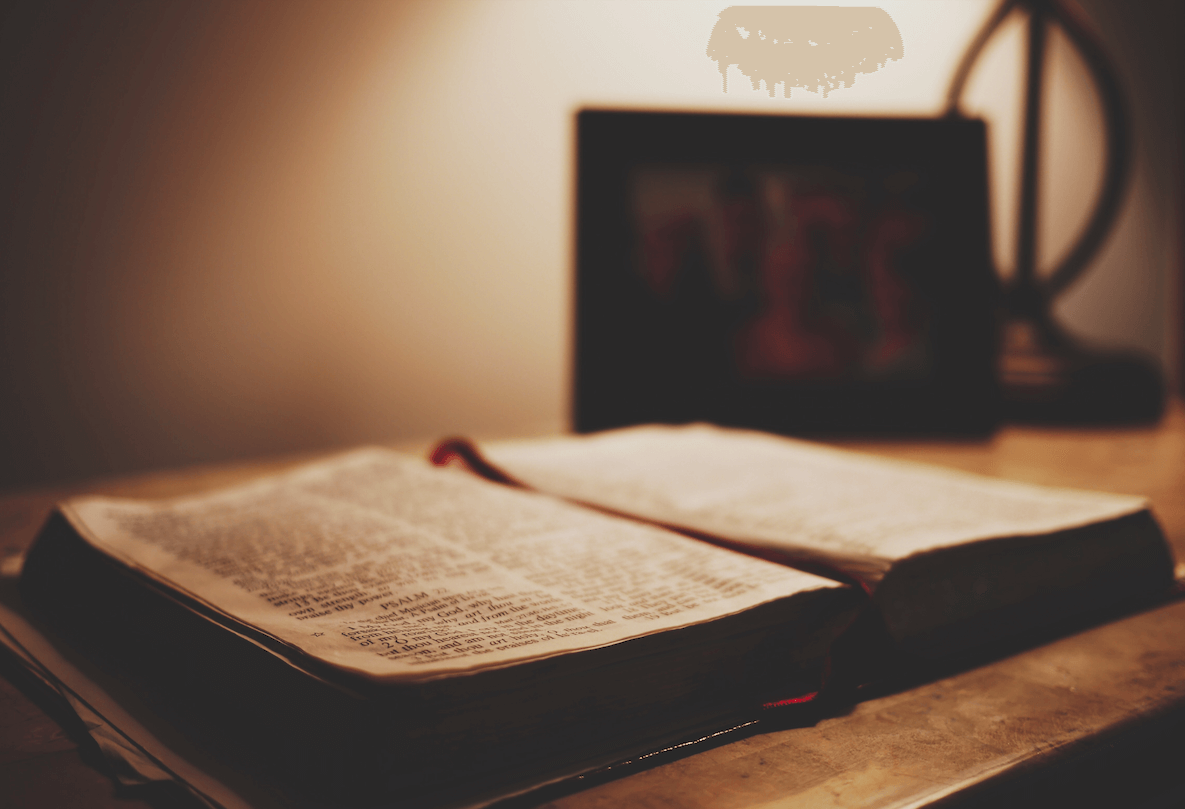
For years, my response to the most vocal critics of religion was to say, “By all means, rail against the extremists, but leave the moderates alone. They haven’t done any harm.” I was unconvinced that moderate religion gave shelter to fundamentalism, and I could find no justification for criticizing those familiar, comforting forms of the Abrahamic faiths that play a prominent role in the lives of even the most peaceful citizens of modern society.
But then I looked in the mirror.
It was after the attack on Charlie Hebdo. A pair of brothers, Said and Cherif Kouachi, had stormed the magazine’s offices and executed unarmed cartoonists, shouting, “Allahu Akbar!” The incident reminded me of another pair of brothers: Tamerlan and Dzhokhar Tsarnaev, who perpetrated the Boston Marathon bombing. In each case, I saw myself in the younger sibling.
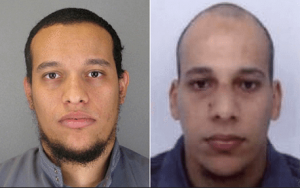
While the rest of the world was holding up signs saying, “I am Charlie,” I was thinking, I am Cherif. I was not, nor had I ever been, a terrorist. But I saw disturbing similarities between the younger gunman and myself, and I could not stop dwelling on them.
My religion was not Islam, but Christianity. As a child, I attended Sunday school classes in which I was taught about Adam and Eve, Noah’s Ark, David and Goliath — all the classics. Our church was moderate, and there were likely many adults there who didn’t take the stories literally; but no one ever told me that. All I saw were people who revered the Bible and regarded it as the ultimate authority in matters of morality, if not history and science.
In my teenage years, I asked questions, of course. I had doubts. But when I reached the age at which young people feel a drive to do something significant with their lives, I still turned to the Bible for answers — because I had been primed by eighteen years of religious upbringing, moderate though it was, to do so.
I remember it clearly. Just after graduating from high school, I decided to open the Bible that my church had given me when I entered the third grade. I started with the Sermon on the Mount, and I found it intoxicating. My first thought was that the words were truly divine. And my second was that I had to follow them at all costs.
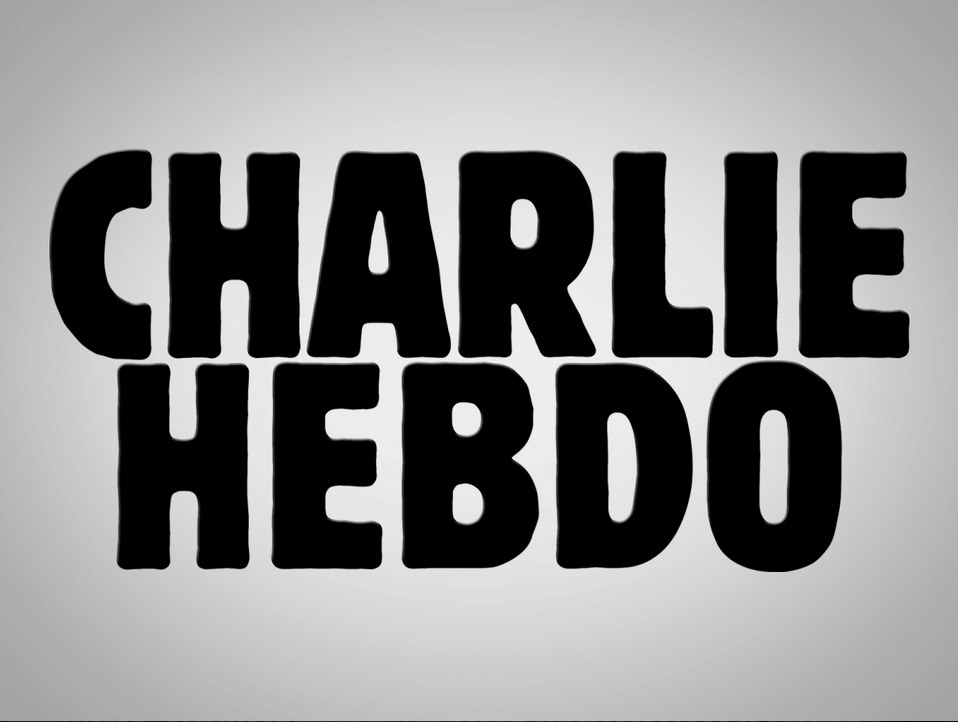
It soon occurred to me that my church, precisely because it was moderate, was failing to adhere faithfully to Christ’s teachings. What was needed, I thought, was a return to the fundamentals. And that was my first step down a potentially dangerous road. It was entirely logical — after all, if you really have a divine book on your hands, you’d be stupid not to devote yourself to it.
Unbeknownst to me, my brother, two years my senior, was undergoing the same transformation hundreds of miles away. We told each other over the phone about our experiences, and immediately, our connection as brothers deepened. It was clearly an amazing part of God’s plan that we should be born again at the same time.
We fed off each others faith. As the younger brother, I was probably more influenced by him than he was by me; but it still went both ways. Within a matter of months, we had both become what I now regard as fundamentalists: We agreed that the Bible was the infallible word of God and that nothing in life could possibly be more important than doing God’s will.
When we visited each other, we would attend church gatherings, pray unceasingly, and rise early in the morning to read our Bibles together. My brother introduced me to many of his friends at church, and I felt as if I had been inducted into an exclusive organization of cosmic importance. We saw ourselves as soldiers in a spiritual war.
Now, as I look at the chilling security footage of Dzhokhar following his brother on the sidelines of the Boston Marathon, it is impossible not to see myself. I suspect that Tamerlan and Dzhokhar also prayed together; and I imagine that Tamerlan excitedly shared religious media with Dzhokhar, just as my brother had done with me.
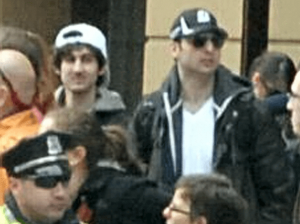
In the wake of the Charlie Hebdo shootings, it occurred to me that the Kouachi brothers’ experience was likely similar. And that was what led me to think, I am Cherif. It was a sentiment not of solidarity, but terror — terror that the same evil might lurk within me. And, equally horrifying, I had to admit that I felt a sense of understanding.
While the rest of the world saw nothing but a monster, I saw in Cherif a young man who was desperate to accomplish something of eternal significance with his life — a desire that I myself had felt. I saw someone who probably found purpose in a literal interpretation of the book that he had been taught was the word of God — a purpose to which I myself had once clung.
Most frightening of all, I saw in Cherif a man who was doing what he thought was right. He was not a nihilist or a lunatic; rather, he was a young man with an all-or-nothing attitude who was acting on imperatives that followed logically from a set of very bad axioms. If my circumstances had been different, I might have become the same kind of monster.
The forces that engendered in Cherif a will to destroy human life are not unique to radical Islam. Even now, Steven Anderson, pastor of the Faithful Word Baptist Church in Phoenix, Arizona, preaches that all homosexuals should be put to death, and there are many Christians who share his attitude — a fact that should give us pause as we come to terms with the recent massacre in Orlando, Florida.
The likeness between Anderson’s and a jihadist’s visions for society is striking, and one must wonder whether these visions are acquired in similar ways. When asked by Mark Curtis of USA Today how he had arrived at his views, Anderson said, “I grew up in a Christian home, but it wasn’t until I read the Bible cover-to-cover at age seventeen that I discovered the truth of what the Bible really says.”
Change the age to eighteen, and Anderson’s words perfectly describe my own experience. He, too, was primed by years of religious upbringing to accept the Bible’s contents as the word of God when he picked it up as a teenager. And he embraced all of it, including the most abhorrent parts. How many jihadists have had similar experiences with the Koran?
In both Islam and Christianity, it is easy to dismiss fundamentalist doctrines as perversions of scripture. But the fundamentalists have a ready defense against this charge. When Curtis suggested that Anderson might be perverting Christianity, Anderson said, “Let the viewers read for themselves. Let them pull the Bible off their shelf and look up Leviticus 20:13, and then let them be the judge.”
The disturbing truth is that Anderson is right: If you look up the verse, you’ll find that it says exactly what he claims it says — just as the Koran says precisely what jihadists claim it says. This simple fact is what makes it so easy for fundamentalist clerics to convince vulnerable youth to subscribe to destructive doctrines.
Islam and Christianity are not the only religions subject to violent interpretation, of course. And as it turns out, the phenomenon of a young man becoming radicalized after reading his religion’s holy book for the first time has been around for thousands of years. The Bible itself describes one particularly famous case: that of King Josiah.
According to the accounts in 2 Kings and 2 Chronicles, Josiah became king of Judah at a time when his people had fallen away from God. Here’s what the Bible says happened:
Hilkiah the high priest said to Shaphan the secretary, ‘I have found the Book of the Law in the temple of the Lord.’ He gave it to Shaphan . . . And Shaphan read from it in the presence of the king. When the king heard the words of the Book of the Law, he tore his robes. [2 Kings 22:8-11]
At this point in the history of Judah, the Book of the Law (Leviticus) had been lost for some time. It is therefore safe to assume — and the text makes it clear — that the people of Judah had not been following the commands described within it; and that was a good thing, because it meant that they weren’t executing people for non-crimes.
But when Josiah was confronted with the words of Leviticus, the very same thing happened to him that happened to Steven Anderson. He committed himself to an unwavering, literal interpretation of it—and turned the kingdom upside down. Here’s what he did:
“He put down the idolatrous priests.” [2 Kings 23:5]
“Josiah smashed the sacred stones and cut down the Asherah poles and
covered the sites with human bones.” [2 Kings 23:14]
“Josiah slaughtered all the priests of those high places on the altars and
burned human bones on them.” [2 Kings 23:20]
“Neither before nor after Josiah was there a king like him who turned to the
Lord as he did—with all his heart and with all his soul and with all his
strength, in accordance with all the Law of Moses.” [2 Kings 23:25]
The Bible describes these as righteous deeds. But it’s clear that Josiah slaughtered large numbers of people and that these were not acts of goodness at all. Josiah was a religious fundamentalist, an extremist, and a terrorist — little different from those of today. The reason he became one was that he was exposed to the teachings of the book of Leviticus at a vulnerable age.
This radicalizing effect of a religious text — what I call the Josiah Effect — is not uncommon. It happened to Josiah, it happened to Steven Anderson, and to some extent, it happened to me. Perhaps it also happened to the Tsarnaev and Kouachi brothers. What I would like to point out here is that this effect is an inevitable consequence of even moderate religion, which is culpable in at least three ways.
First, moderate religion primes children — by the millions, if not billions — from an early age to accept without question the authority of the very same books that serve as the basis for fundamentalist ideologies, and it teaches children that the gods described in those books are worthy of worship. This renders these children susceptible to fundamentalist ideology when, as young adults, they begin seeking a purpose for their lives.

Second, moderate religion propagates and legitimizes the vehicles of fundamentalist ideology — both the texts and the rituals. The fact that millions upon millions of Americans believe that the Bible is a holy book drives publishers to print millions upon millions of copies every year. Bibles are available in every home and on the back of every church pew. And all it takes for a fundamentalist to be born is for one lost soul to pick up a copy and find a powerful sense of purpose in a literal interpretation of the text. The same is true of the Koran.
Third, moderate religion lends credibility to fundamentalism by claiming to believe in the very same gods and the very same divinely-inspired texts that are exalted by fundamentalists. If not for moderate religion, the absurdity of fundamentalist beliefs would be much more obvious. But those beliefs are not as easy to identify as absurd when billions of people worship the same god and study the same scripture. The result is that fundamentalist beliefs are seen not as ridiculous, but as merely unorthodox or misguided interpretations of an ideology that is, on the whole, widely regarded as correct.
The absurdity of the situation would be comical if it weren’t so tragic. For generations, we have been printing billions of books containing verses that command us to kill idolaters, adulterers, homosexuals, and unbelievers. We teach our children that these books are holy and then cross our fingers in hopes that they won’t take those verses seriously. Then we have the temerity to be shocked when, like King Josiah, some of them read the texts with fresh eyes and decide that they should be taken literally after all.
I don’t deny that there are nuggets of truth and beauty to be found in the scriptures of the major religions. But just as in a cable TV package, the real gems are bundled together with far too much garbage, from misogyny to homophobia. When the stakes are high — as in the case of religion, wherein doctrinal error can mean the difference between heaven and hell — those bits of garbage become every bit as dangerous as a loaded firearm left out in the open for a child to find.
To be sure, there are issues of politics and international relations that must also be addressed. But in the meantime, as long as the scriptures continue to be reproduced and revered in their present bundled forms, the Josiah Effect guarantees that every generation will produce its own crop of extremists. Until the mainstream religions break up these bundles and explicitly disown the abhorrent verses, each new generation will have to rediscover on its own just how dangerous they can be — and that discovery will always come at a high price.

